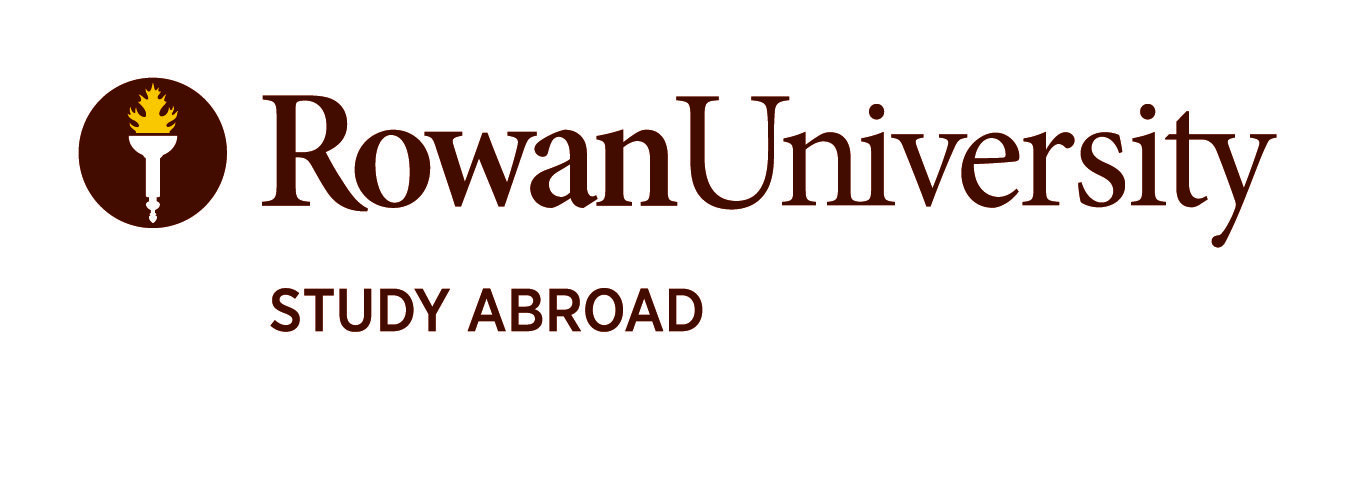FLP: What is a faculty led program?
FLP: What is a faculty led program?
A faculty-led study abroad program involves a professor or group of professors leading a group of Rowan University students to another country for academic purposes. These programs can vary in length from a few days to a few weeks and often involve a combination of coursework, cultural immersion, and experiential learning activities.
Here's an overview of the typical structure and benefits of faculty-led study abroad programs:
- Academic Focus: Faculty-led programs are designed to integrate academic coursework with real-world experiences in a foreign setting. Students often earn academic credits that count towards their degree while studying abroad.
- Guided Learning: Unlike some other forms of study abroad where students may have more independence, faculty-led programs provide structured guidance from professors who lead the group and/or tour directors. This can be especially beneficial for students who are new to international travel or are looking for a more supported experience.
- Cultural Immersion: These programs should include cultural activities, and interactions with local communities. Students get the chance to immerse themselves in the culture of the host country, gaining a deeper understanding of its customs, traditions, and way of life.
- Personal Growth: Traveling to a foreign country can be a transformative experience for students. It challenges them to step outside their comfort zones, adapt to new environments, and develop valuable skills such as intercultural communication, problem-solving, and independence.
- Networking and Professional Development: Faculty-led programs often include visits to local organizations, businesses, or institutions relevant to the coursework. This provides networking opportunities and exposure to international perspectives that can be valuable for future academic or career pursuits.
- Enhanced Learning Environment: Being in a different country offers a unique learning environment that can enhance students' understanding of course material. Whether it's studying art history in a museum in Paris or marine biology on a coral reef in Australia, the hands-on experiences can deepen students' comprehension and appreciation of the subject matter.
- Group Dynamics and Community Building: Traveling and studying together in a foreign country can foster strong bonds among students and between students and faculty. The shared experiences, challenges, and discoveries create a sense of camaraderie and community that can last long after the program ends.
Overall, leading a group of students abroad can be incredibly rewarding for faculty members. Not only can they share their expertise and passion for their field of study in a new context, but they also play a crucial role in facilitating transformative experiences for their students.



